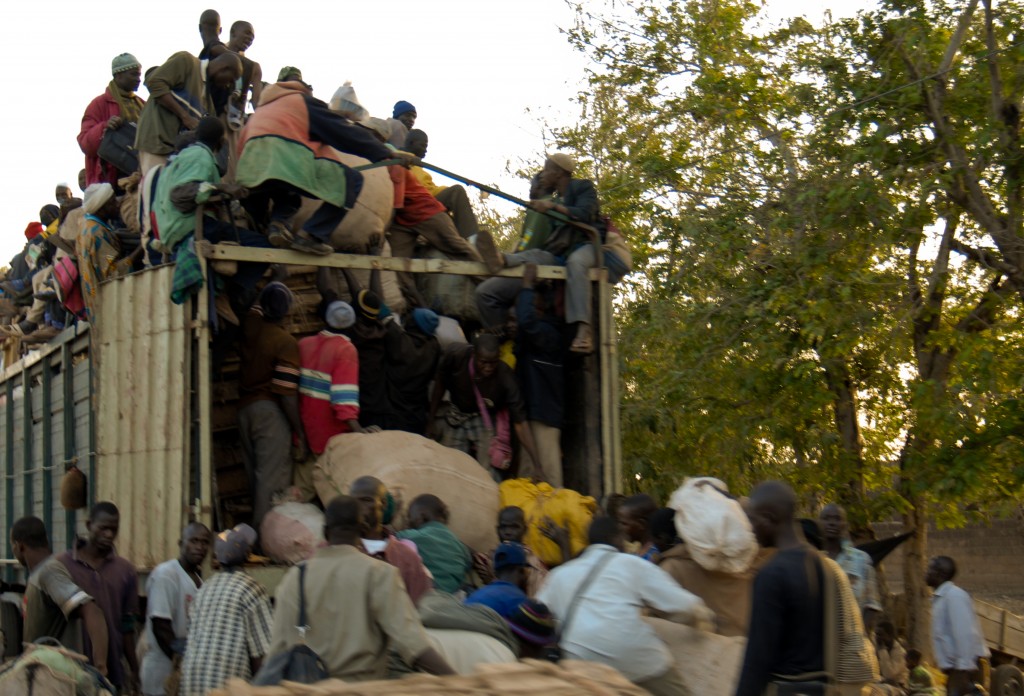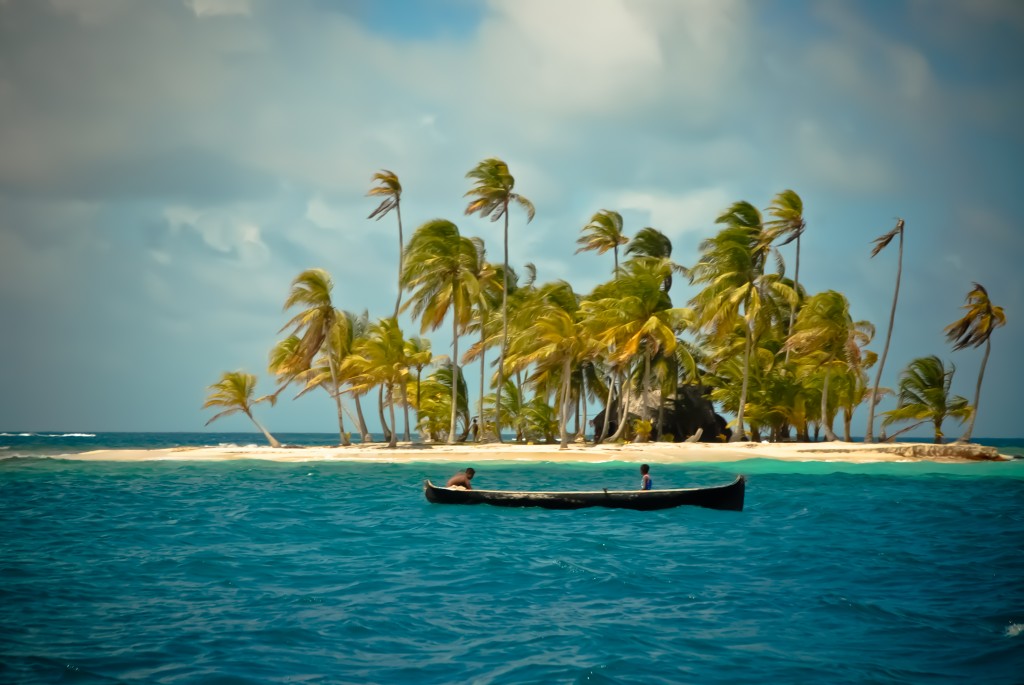On October 31st, 2011, the world’s population eclipsed 7 billion people and although it’s purely coincidence that this milestone was achieved on Halloween, the thought of sharing the world with 6,999,999,999 other people can be a scary one. It’s hard to say exactly when baby 7 billion was born, where they were born and just who it is that will push the population over that significant mark; the lack of a global census and difficulty in documenting population figures in rapidly developing nations like China, India and Nigeria make it nearly impossible. Still, according to estimates from the United Nations Population Fund, living human being # 7 billion was born sometime last Monday. But what exactly does that mean?
The worlds population has ballooned over the past century. It took 250,000 years of human existence for the living population to reach 1 billion. According to a nifty little calculator on the BBC News website, in 1977 I became the 4,234,889,946th person alive on earth, so in the modern world, we add another billion people about every 12 years. Countless historians, sociologists and philosophers have posited that the human population would be kept in check by disease, natural disasters, war and starvation. Every 50 years, someone predicts that some chaotic, worldwide event will cull the population, yet it continues to grow at an exponential rate, a rate which one biologist, Edward O. Wilson, referred to as bacterial. By 2050, its estimated that more than 10 billion people will inhabit the earth but can the earth sustain that many people and is peaceful coexistence in such a seemingly crowded environment possible?
It’s easy to point the finger at poorer, developing countries where population growth is accelerated; countries like India, where 51 babies are born every minute. However, when asking the question of whether or not the earth can sustain such a large number of people, its easy to get distracted by things like population size. Sustainability also has a lot to do with the consumption patterns of the population, not just the number of people in it. To support 10 billion people, its estimated that it will take the resources of nearly three planet earths to sustain the current consumption patterns of the world’s population. But consumption patterns are not evenly distributed. For example, the poorest half of the world only produces 7 percent of global carbon emissions and if everyone on earth consumed as much as an average American, four planet earths would be necessary to sustain our insatiable appetites in 2050 instead of three.
Advancing technology will undoubtedly solve some of the resource dilemmas our exponentially expanding population will face, but ultimately it will come down to sharing and cooperation. Living with an isolationist mentality in today’s day and age is simply no longer sustainable yet that seems to be the trend. In an era where cooperation is mandatory, the “you are either with us or against us” mentality seems to be more and more pervasive.
In a globalized society that has already been inextricably intertwined by technology, we must cooperate to share the planet. If we don’t, we fail to do so at our own peril. China’s problems are Africa’s problems. Africa’s problems are Europe’s problems and problems in South America impact those who live in North America. The developed world’s consumption patterns impact the developing world as much as the developing world’s growth patterns impact the developed world. Problem solving requires cooperation which comes from understanding. Understanding comes from education and education comes from observation. Traveling has long been considered taboo; a way to avoid reality, but now, more than ever, in an age where humans must work together to solve collective problems, traveling is a vehicle for observation which in turn enhances education, which then promotes greater understanding; a necessary component of cooperation. Traveling is not a mechanism to avoid reality, its become a means to observe and understand it.
Only a few of the 7 billion people on the planet live on their own private island; isolated and sheltered from the problems that exist in the rest of the world. However, if we don’t all work together as a global society to solve some mutual problems, even a remote island will cease to serve as safe harbor. The impacts humans have on each other and the earth can and must change, so get out there and mingle with the other 7 billion. Doing so might just save your life and the lives of a whole hell of a lot of other people.
In the meantime, take a look at this cool video National Geographic put together to commemorate 7 billion…




